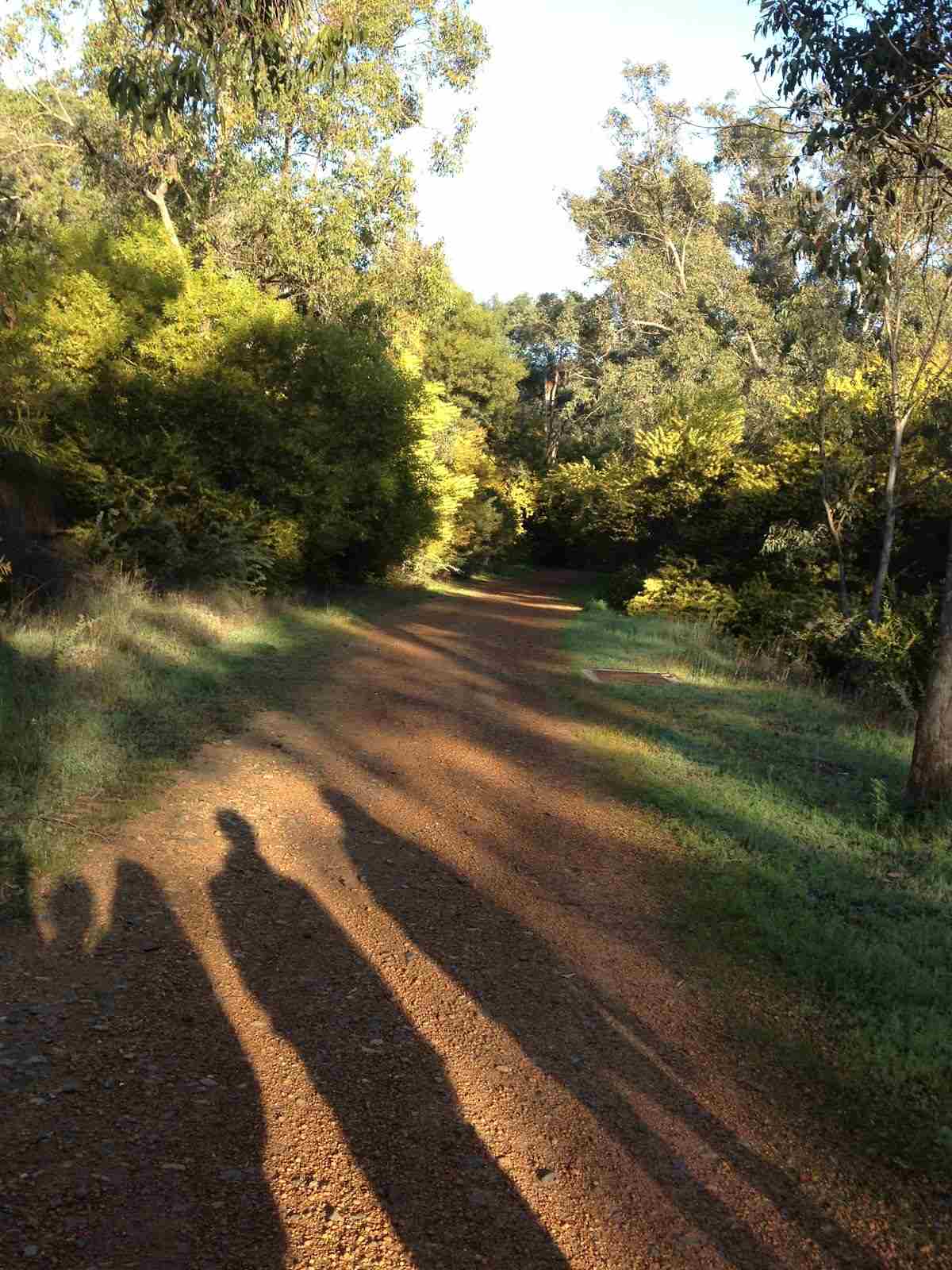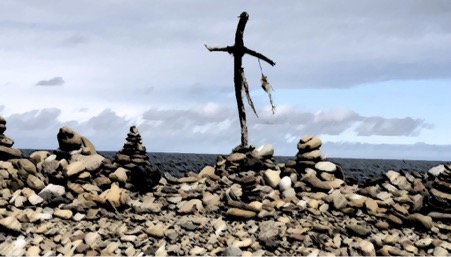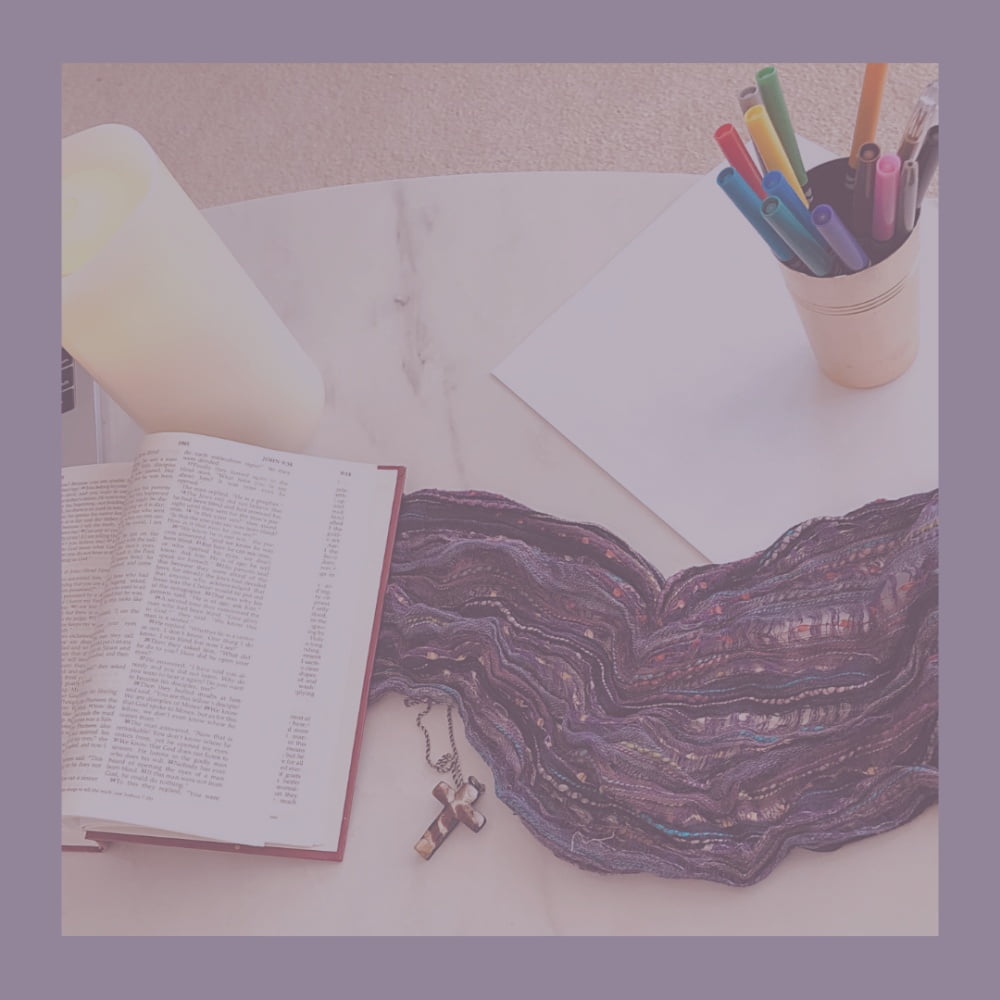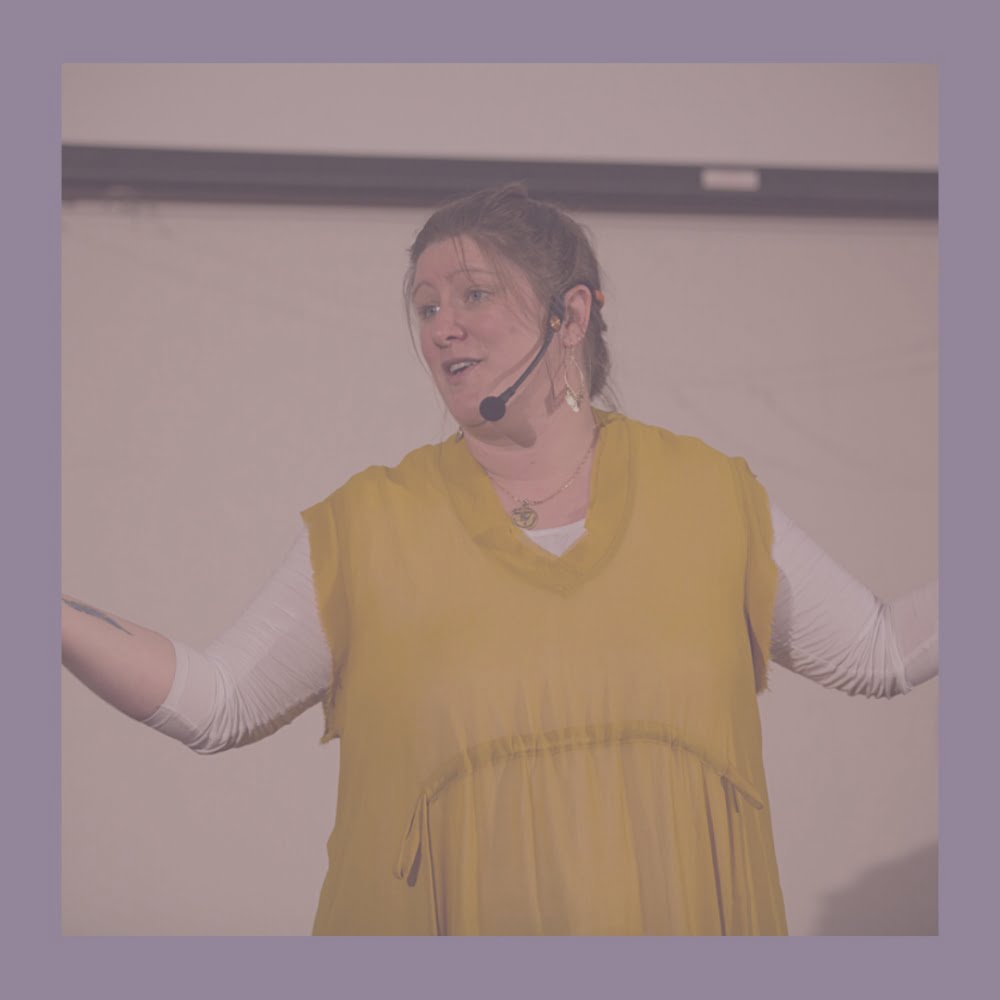The Stories: Acts 16:16-34 and John 17:20-26
I want to begin with the story in Acts; the first part of the story, which we often skip over for the sensational miracle in the jail cell; the story of the female character.
Nothing more is said of the servant girl after she is liberated from the malevolent spirit, her malevolent masters.
Is she left to fend for herself?
Or might we plausibly imagine her story thus:
Standing in the marketplace, forgotten, I felt a freedom I had never known. Healed of the spiteful, angry voice in my head, there was a silence inside me, a stillness about me.
I was glad my masters abandoned me, that the crowd left me to follow my masters as they dragged those men away.
Later, I was worried for those men, but in that moment, I was blissfully alone for the first time in my life, and I breathed – a long sigh out, for I think I had held my breath at first, not willing to break the spell. Then deeply, in, out, as I turned around, saw my hands, my feet, as if I’d not seen them before – me – free! I pushed the rope from my wrist to the ground: free! So this is how it feels to know you are alive!
And then I think I must have fainted – for the next moment I was aware of, a couple of ladies were kneeling beside me in the dust, lifting my head and torso gently –
‘Don’t rush,’ they said, ‘sit a while yet.’
A boy arrived with a jug of water and a cup: ‘Drink. You’ll be in shock, I imagine.’
We sat there for – oh, I don’t know how long, those women and I. They were so patient, didn’t rush me to move or to speak. They hardly spoke, either, except to each other, occasionally noticing the crowds, receiving relayed messages about the men: beaten? prison?
Eventually: ‘I think I am ready to stand now,’ I told them. But my voice sounded strange. ‘Was that me? Yes, it is, I sound different – I’m sorry, this is all quite strange.’
Smiling, with knowing: ‘Do you have somewhere to go?’ she gently spoke.
‘I don’t know – I can’t go to my masters’, they’ll not be happy with me.’
‘Do you have any family?’
‘I have been with my masters so long, I can’t remember life before that. Oh: where will I go? How will I earn money for shelter, for food? What have they done to me?!’
‘Don’t be afraid, child, remember the feeling when Paul sent the bad spirit away: hang on to that.’
The other lady spoke: ‘If you like, you could come home with me.’
‘Are you sure?’, the first woman asked her.
‘Why not? I have room in my house, now my daughter is in her husband’s family home. I could give her shelter and food for now. I’m sure with our connections you and I could find her work. Or she could join us in our work in the congregation, helping the other widows, and the orphans.’
‘I don’t know if I am good at anything, without the voices telling me things about people, how could I help anyone?’
‘There is time to find out what you can do. Take your time. Your life has only just begun!’
I think we can imagine this scene in the background to Paul and Silas’ arrest and imprisonment. Remember what we know of the communities of Christ followers, from these stories of the acts of the apostles we hear in this season.
We know they affirmed women in roles of leadership. We know some of these women were widows of means who opened their houses for the use of the congregation. We know that support of the vulnerable – the widows and orphans chief among them – was a key work of these communities, living by the example of Jesus.
Did we not hear recently the story of Tabitha, living in a community of women following the way of Jesus? Of course we can imagine that those living this way were where the stories were being told, and were willing to live the stories of welcome and love.
Of course Paul’s supporters, women in the community of the Way, were there that day. Of course some of them saw the girl and stopped, not willing to see this vulnerable one fall again into the hands of those who would oppress her, use her. No. That is not the way of Jesus, to leave a ‘little one’ behind.
And Paul, himself, when given the chance, as his story continues today, lives the kind of liberation story that says here is freedom, now join the community that will support you in living this story of freedom and love. Not, here’s freedom, see you later.
The Acts of the Apostles are not a string of isolated incidents, miracles performed by superheroes who disappear back into the shadows. The miracle of healing in the Way of Jesus is the miracle of relationship, of vulnerability, of love. And the Way of Love these apostles live is a way of profound mutuality, inspired by Jesus and the way he lived and loved. The apostles open themselves to others. They get involved. They stay and accept hospitality and welcome. They participate in community.
What is community? The coming together of the many as one; life as a body, as Paul will describe in his letters, each member with something to give and much they need to receive from others.
Coming together as one, not coming together to all be the same. That’s nowhere in the story of Jesus or the movement that grows in his name.
No.
Coming together as one with many parts, necessarily different – for, as biologists will surely affirm, the health of any system is in its diversity.
But it is coming together, and it is as one, as Jesus prayed we would.
Jesus prayed we would, for that is what he knew from within the heart of the Divine. That is what he knew from the beginning of creation, from before the beginning of time.
Richard Swanson observes that
Your Content Goes Here
This love flows from the Divine, this love gives life to all the Cosmos, which, at its best and most healthy itself lives a love of such holy mutuality as to see the little one and go to her side, to love her, to welcome her into community, into her life.
Who are the little ones, the vulnerable, marginalized, overlooked, in our community? God’s liberating love is for them: that is the message we have heard through Jesus the Christ. Liberation is here, it looks strange, sometimes as strange as unshackled men remaining in their prison cells, but it is liberation none-the-less. And it comes, has come, for all who have ears to hear.
Who is the little one forgotten by the crowd?
And who are we, community of Christ?
We are the ones who do not leave her floundering, alone. We offer friendship. We tell her our story, God’s story of liberating love, and we offer her the invitation to discover, to reveal, to live her best, authentic story.
That is the dream of Jesus for those who follow God’s Way of Love. The dream we hear from the gospels today.
That we will be released from what binds us, that we will grow relationships of mutual love and care that will set each of us free to truly be – our whole, healed selves, for a whole, healed community.
So we not only can, but the story demands that we must, imagine those women welcoming the liberated slave girl while Paul sets the jailer free. We must do that, so that we may imagine ourselves kneeling in the dirt beside those who need a story of liberation and hope, inviting all into relationships of radical, mutual, love.
Reflection offered in worship at Wesley Uniting Church, 2 June 2019 Easter 7





Leave A Comment